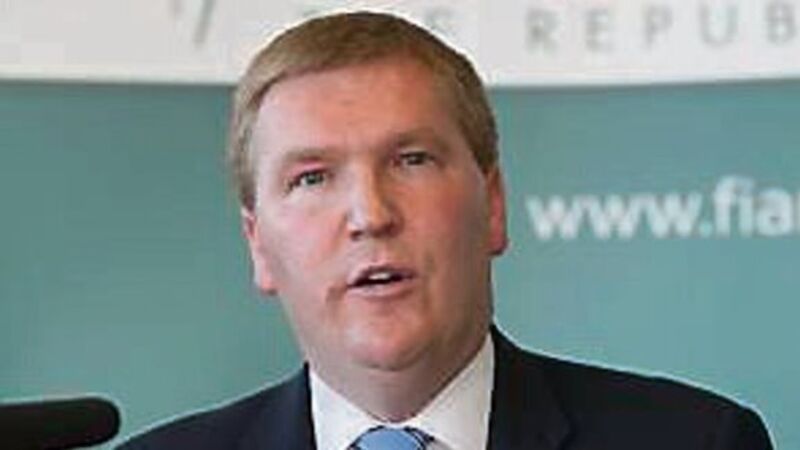Elections are sold — but what exactly are the voters buying?

ELECTIONS are not bought, they are sold. The passive-aggressive behaviour of Irish voters towards their politicians, is a well-honed technique in responsibility avoidance. It is also a sham.
A prominent story last weekend speculated that the minister for finance will splurge an extra €5 per week on every old age pensioner on budget day. Add in the largesse spent on the public service via the Lansdowne Road Agreement, and the promise of tax cuts of up to €750m, to match spending increases of the same amount, and you have a riotous return to the politics of “if I have it, I’ll spend it”.















